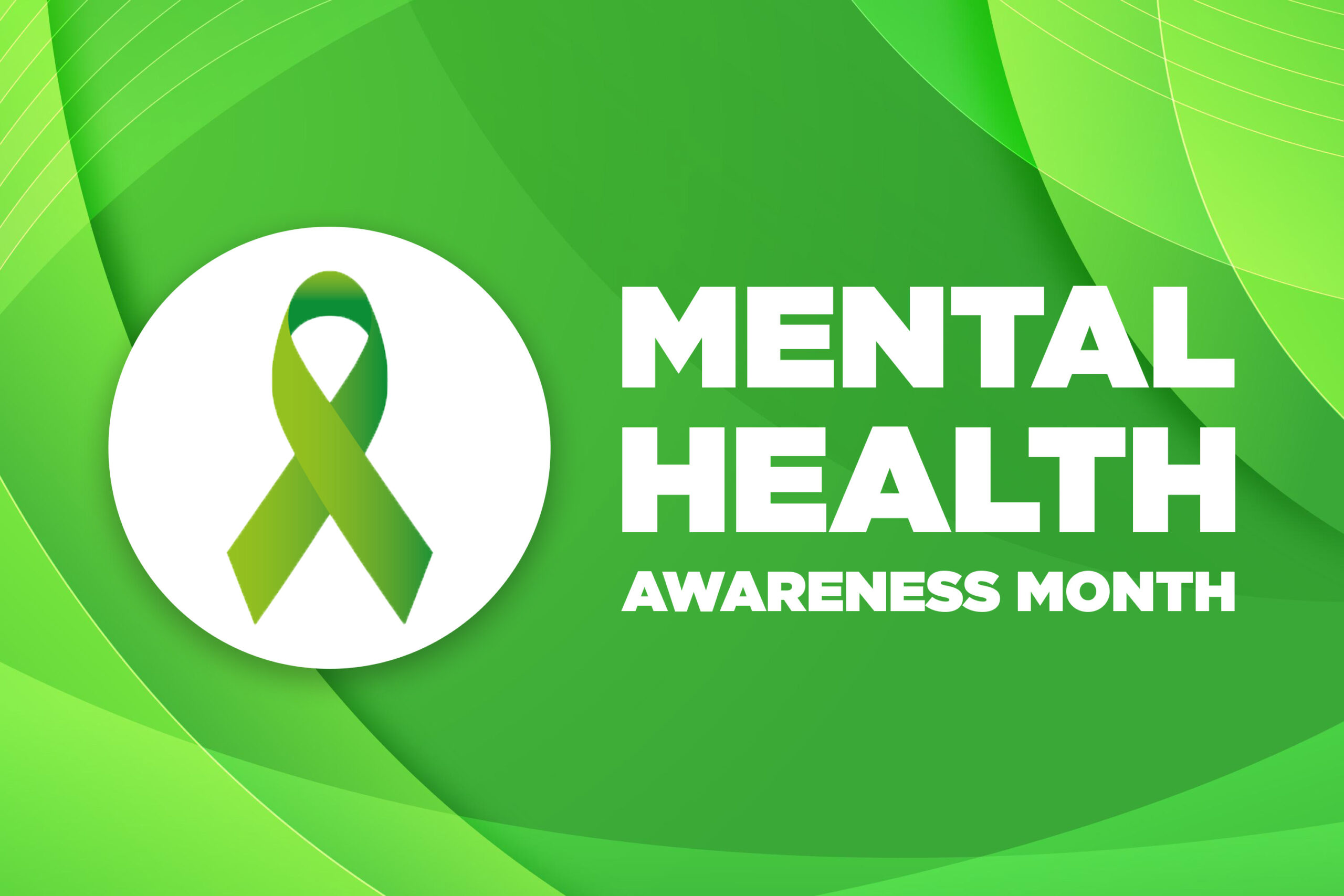
Over-the-road truck drivers spend a significant amount of time on the road, often away from families and loved ones. The isolation and lack of social support, coupled with the demands of their jobs, can take a significant toll on their mental health. Additionally, the risk for a more sedentary lifestyle, irregular sleep patterns and challenges in making healthier dietary choices further exacerbates the risk of mental health problems. Mental health for over-the-road truck drivers is a critical issue. In honor of mental health awareness month, we will be looking some of the signs to watch for and how to access help.
Mental illness affects 1 in 5 adults in the US each year, with only about half of these seeking treatment. Mental illnesses can include a wide range of diagnoses including depression, anxiety, schizophrenia, bipolar disorder, eating disorders as well as addiction. While many people experience challenges with mental health from time to time, it is considered a mental illness when these symptoms are causing significant stress and affecting activities of daily living such as work, hygiene, hobbies and more.
Mental illnesses can present in different ways, but there are some more common signs to watch for. Significant changes in appetite or sleeping habits, frequently feeling overwhelmed, irritable, or on the verge of tears, as well as a loss of interest in activities you once enjoyed should be taken seriously. These may be important warning signs that it’s time to reach out for help. In addition, frequent feelings of anxiousness, worthlessness, loneliness, or anger are all reasons to seek support. However, signs may also be more subtle such as having difficulty concentrating, feeling detached, difficulty empathizing with others, or feeling confused frequently. While once thought to be imagined, mental illness can also trigger physical symptoms such as nausea, headaches, stomach pain and more. If any of these symptoms begin to interfere with daily life, it’s time to reach out to a doctor or mental health professional.
While these feelings and changes in day-to-day behaviors can feel scary and isolating, it is important to know that you’re not alone and that there are treatment options. The science of diagnosing and treating mental illnesses continues to advance at a rapid pace, offering many options to those seeking support, treatment, and medication options. A great place to start is with a primary care physician who can help to assess symptoms, prescribe medications, and refer to mental health professionals for further treatment options such as counseling services. Everywhere.Care is one of many telehealth services that offers mental health treatment. St. Christopher Fund has partnered with Everywhere.Care to offer a discount using the promo code ‘SCTRF’, which provides mental health assessment and treatment (along with other health services) for the entire family for $10/month. Other virtual counseling options include apps such as CallOnDoc, TalkSpace, Cerebral, and Better Health, which can be especially helpful to over-the-road drivers. Health insurance may also cover a range of services and treatments.
For more information, visit the National Alliance on Mental Illness at NAMI.org where you can find additional resources for support and education.
Learn more about our telehealth services and partners here!
